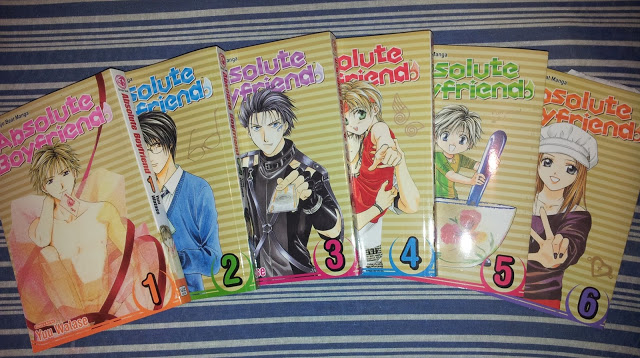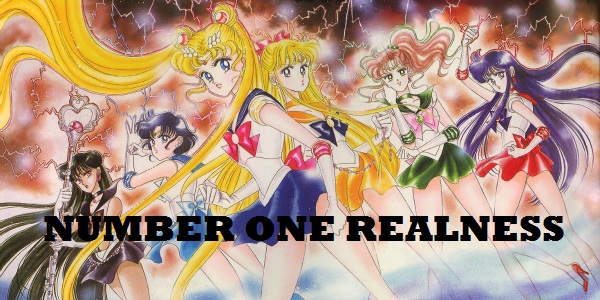
“The Boys sit transfixed before the small computer screen. A green line, indicating the brain wave activity of the Naylor woman, scrolls across the screen. On the other side of the wall, she’s in bed, tossing and turning, trying to get comfortable. They catch their breath in excitement as the words appear at the bottom of the screen; This pillow is too soft. Paulo can’t help himself; every time he sees that a tingling occurs at the bottom of this stomach. To be inside of someone’s mind has to be the sexist thing in the world. There was nowhere left on earth to go, no new frontiers. This was it; they were touching someone’s soul. Each time that it’s his turn, he trembles just a little as he “answers” her. The pillow isn’t too soft. Your head is too hard. After typing those words, he presses the “send” key and there is a slight hum from the satellite dish. Leave me alone. Jesus, would you look at that. She heard them. They’ve done it a dozen times by now, but every time it’s like a little miracle. So this is what it feels like to be God, Paulo thinks."
This frightening excerpt comes from Gloria Naylor’s fictionalized memoir, 1996. It’s considered a fictionalized memoir because of the interlocking narrative, sectioned between Naylor’s first person perspective of events (considered reality) and a third person view. The third person narrative (proposed as fiction) provides readers a glimpse into the villainous acts of the government “squad” used to torment Naylor because of a small series of misunderstandings that inaccurately labeled her an anti-Semitic (those who are discriminating towards Jews). As a book submerged in Naylor’s familiarity with government surveillance and conspiracies, her accounts left me wondering how probable her experiences were as well as what were the odds of finding myself in something similar. Should you find time to read the book, you will see how disturbingly easy Naylor arrived to her situation. And I say that without arguing whether her accounts are fact or fiction.
Nonetheless, I also left the book wondering whether some of the fleetingly negative criticisms I have for myself are produced from within. Or are they manufactured thoughts by some other source, as seen in parts of Naylor’s situation? I suppose the safest choice is to settle with those negative thoughts being constructions of my own. This may keep me from falling into that whole state of believing that the world is out to get me. Nevertheless, I’ve always taken into account that nothing--and I mean nothing--in this world can be contained within our knowledgeable grasp. Meaning, anything can absolutely be. Nothing is impossible.
So if those negative voices in our head are not manufactured, as they were in 1996, where do they pop up from? As the depraved Paulo referred in the passage above, are they from God? The better question is how true are those voices and should they always be acknowledged when we are faced with decisions or realizations about ourselves? What percentage of them are thoughts influenced by the beliefs of others? And how much of those thoughts are residual from our childhood experiences? That’s what I really wanted to get to.
So when our mind is wrestling with something, how easy is it to stay impartial and allow the debate to pass? Is it helpful to stuff down the negative thoughts with positive ones? Or should the negatives be just as accepted. Because the mind won’t shut off, will it? Every bad thought it shares does not pertain to you, though. That's to be realized.
Imagine the feeling of relief when we make peace that we are not that stupid voice in our head. Instead, we’re just there to “listen” to it play out if we choose to. We don’t have to participate with its corrugated reasoning. It’s easier that way, but why is it so damn hard to reach such a state? I find myself wondering this when in my head I am debating the behavior of others based off a decision I’ve made, of course translated through the lens of negativity. See, a schedule was posted at work, and me being a first shift associate, suddenly found myself relegated to working two second shifts as the MOD, or manager on duty. At the beginning of the summer I explicitly asked to move and stay exclusive to first shift. Here, I could continue to have the personal space I felt required to better myself. As far as the MOD status, I could have sworn that I turned down being a lead back in March. Trusting my instincts, I should add. So I was thoroughly perplexed looking at the schedule. I was not going to get paid to watch over the second shift team members’ work, and should something happen within the store, I wasn’t willing to take the heat and stress crashing on my shoulders. Nonetheless, I didn’t put up a fuss looking at the schedule, besides the managers had all dipped out! I simply wrote a post-it note that read something like this:
“I am not interested in managing second shift or working its hours again. Thanks.”
Well, that became the talk of the store. People began to believe that the real second shift team lead was quitting (management put me on those two days to work her days off). People thought I was quitting. People became concerned for the store’s coverage. Some were even proud of me. But as for me... I (in my head) just kept thinking that I should have handled the situation differently. Why? Because I--once again in my head--believed I had upset some people by causing them to rearrange matters that inconvenienced others. I am the type of person who tries not to make a fuss wherever I go. I try to keep things mellow and fun. For me to outright say “I won’t accept this” is almost unusual. Granted, I speak my mind and take a no-bullshit approach to certain areas of my life. However, I was also taught to take on my responsibilities however they come. Nevertheless, it really did bother me that management felt they could just throw me into such a position after discussing months ago that I didn’t want such. Still, this negative tape in my head kept insisting that my insubordinate “violation” of other employee’s time and space might’ve been doing too much. What gave me the right to protest management’s decisions (besides the fact that I wasn’t going to get paid for it)?
So when a certain employee may have forgotten to speak to me one day, I think it’s because of my demands. Or when a manager eyes me across the room, I wonder is he ready to give me the boot (which I probably would gladly take) or cut my hours for making such a bold demand. Is everyone mad at me?
But it’s all an illusion, you see. Those things only exist if I make them so and making them so starts with hooking myself into the negative thoughts that encourage them. Things like my personal intentions and motivations play a role in my decision to spend my good times chasing a better life. So if those choices ask me to stand up for myself, I must oblige. It is much more rewarding to congratulate myself than berate myself over the falseness of guilt and negative illusions, which would once again turn into an inner battle begging me to quit the job all together.
Nevertheless, I suppose the point of this post, in relation to Gloria Naylor’s novel, is to not allow anything, including your very own battling thoughts, to control and wear your purpose. On all accounts, stand up for yourself throughout inner and outer circumstances.
Source:
Naylor, Gloria. 1996. Chicago: Third World, 2007. Print.









